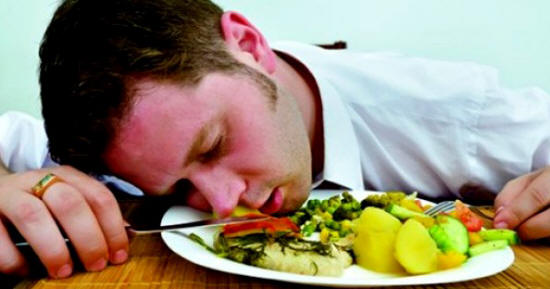
 |
Itís long been in our folklore that cheese before bed will give you
nightmares, or at best, some rather odd dreams. The most
activity in the brain occurs during REM (Rapid Eye Movement) stage. REM is the
stage in which the brain mostly resembles a fully awake person. During REM, the
brain suppresses many chemicals and core functions, allowing us to dream more
freely and not question even the most unusual or most bizarre situations. (reference)
Certain foods tend to promote strong dreams, the infamous example, of course, being cheese. Better, however, is a dish, such as spinach pie, that uses nutmeg, eaten just a few hours before retiring to bed. Comb through your cookery books for recipes for this or other dishes that require, or can require, spicing with nutmeg, and when preparing the food, add a particularly generous pinch of the spice. (reference) Nutmeg is metabolised in the body to create a hallucinogen that can greatly assist the brain's own mind-altering neurotransmitters in the production of robust dreams. Another dietary dream-enhancing option is vitamin B6. This significantly increases both the intensity and frequency of dreams. You can take this as a dietary supplement or making sure to eat foods rich in B6 such as avocados, brewer's yeast, raw wheat germ, molasses, eat, soya beans, broad beans, bananas, pears, whole grains, salmon, herring, cabbage, green vegetables, eggs. While some food and drinks can aid dreaming, there are some others that may inhibit dreaming. Alcohol, for example, reduces REM sleep. Here is a list of foods known to promote sleep? (reference)
See also: Bibliography, Booze and dreams, Dream cycles, Dream glossary, Dream hacking, Dream recall, Dreams and brain disorders, Dreams as a source of inspiration, Essential oils, Food and dreams, Herbs for dreaming, Hypnagogic state, Lucid dreaming, Neuroprotective agents, Precognitive dreams, Psychic dreams, Recurring dreams, Shamanic dreaming, Sleeping brain, Sleep deprivation, Weed and dreams, WILD, Yoga Nidra